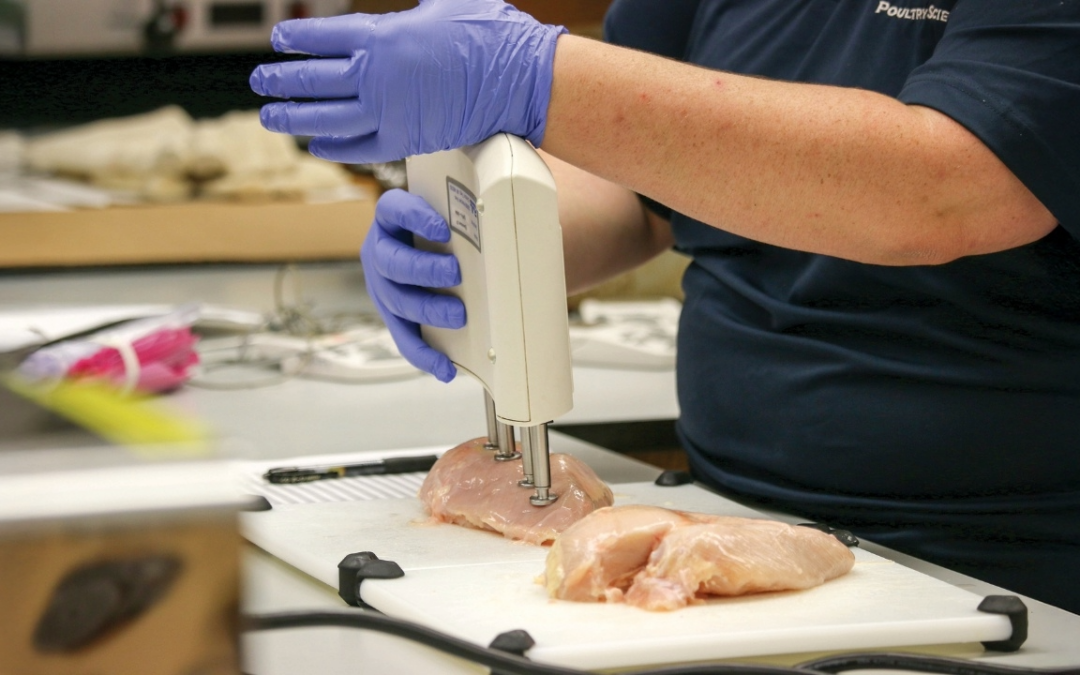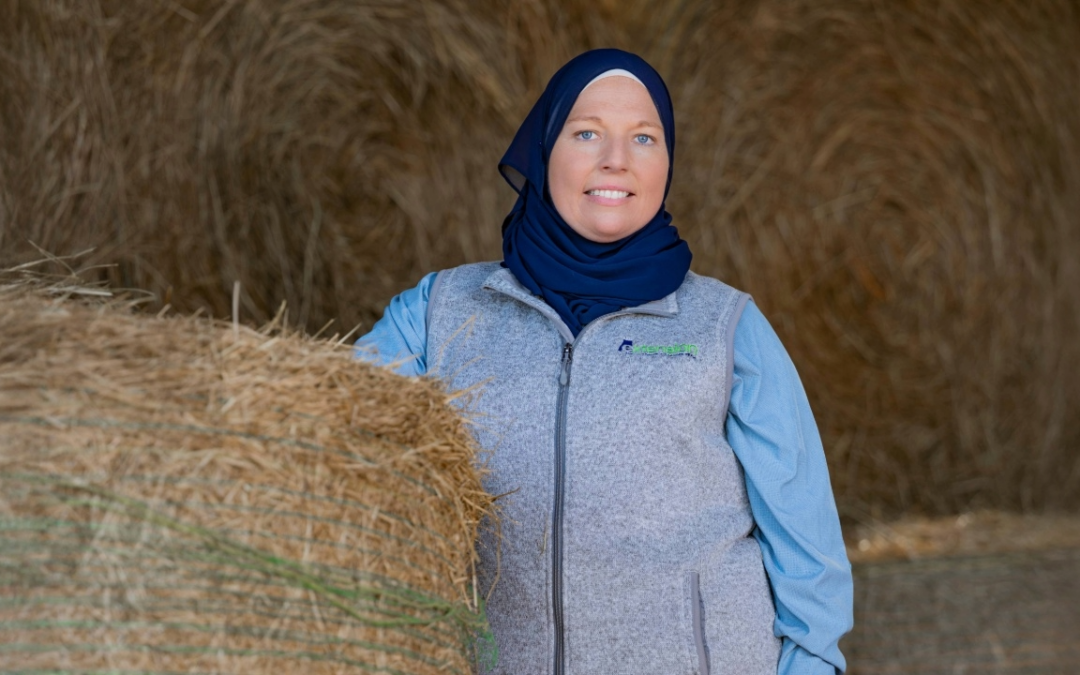
Using her knowledge in plant science and chemistry, Julie Howe designs and brews beer using a wide range of ingredients in a variety of styles.
by PAUL HOLLIS
Julie Howe’s passion for craft beers and brewing began when she was pursuing her Ph.D. in soil science at the University of Wisconsin-Madison.
“Everyone there was drinking beer that tasted better than what I was accustomed to, so I acquired a taste for craft beer,” says Howe, who, in addition to teaching and research duties in the College of Agriculture’s Department of Crops, Soils and Environmental Sciences, also teaches the Brewing Materials course in Auburn’s Graduate Certificate in Brewing Science and Operations program.
When Howe moved to Auburn in 2007, she became deeply involved in the craft brewing movement, from helping to change the regulations governing it to working with other brewers to make unique beer.
“I’m a chemist at heart, so plant and water chemistry were aspects of brewing that fascinated me,” Howe says. “And I’ve always worked in agriculture and loved gardening, so to me, it was a marriage of several passions—the chemistry side of it, the plant side of it and the gourmet side of it.”
Using her knowledge in plant science and chemistry, she designs and brews beer using a wide range of ingredients in a variety of styles.
Craft brewing also gave Howe an outlet from her work.
“Early in my career, I was turning into a bad workaholic and didn’t want to talk about anything but work, so I thought I needed something to talk with people about other than my research,” she says. “It was a great way to meet people and expand my horizons.”
Howe was a natural fit for Auburn’s new brewing program when it launched in 2014. Her background in plant science combined with her passion for brewing make her knowledgeable about brewing materials from agronomic production to the process of making beer.
The Graduate Certificate in Brewing Science and Operations is offered in the College of Human Sciences. The program is designed to prepare candidates for entry into the malting, brewing and/or distilling industries by offering an array of courses with emphasis in biology, microbiology, chemistry, brewing science, agronomy, facilities and operations and business planning.
This distance education program marries traditional educational approaches with real-world application leading to a state-of-the art interactive learning experience. Partnerships with Oskar Blues Brewery and the Alabama Brewing Industry help to showcase best practices in all aspects of the brewing industry.
Oskar Blues is among the largest craft breweries in the United States, winning numerous awards for the quality of its brews. Oskar Blues was founded by Auburn alumnus Dale Katechis. Students attend at least one residency weekend over the course of the program at an Oskar Blues Brewery in Brevard, North Carolina or Longmont, Colorado, for detailed, hands-on instruction in the operation of a world-class commercial craft brewery.
An offshoot of the program is a community education program—Brewing 101—that began this fall.
In her Brewing Materials class, Howe covers the geographic origins of barley, hops and other ingredients and what they add to the brewing process.
“I’ve partnered with the brewing industry, and they come in and talk about the differences between what a brewer wants from a hops or barley crop and what the producer does to grow it,” she says. “I also try to explain a farmers’ perspective in the process.”
Howe’s work in the classroom also focuses on the natural variability of hops, and how that can affect taste.
“We talk about changing recipes for consistency,” she says. “Your reputation as a brewer could be completely ruined if beer tastes great one time and not so great the next.”
In her brewing class, Howe requires students to develop a beer recipe and complete all the requisite calculations.
“Water chemistry is seen as the hardest part of the course, but it’s also the most valuable to know,” she says. “In addition, we conduct a sensory evaluation where we spike beer with bad flavors and ask students to identify them.”




